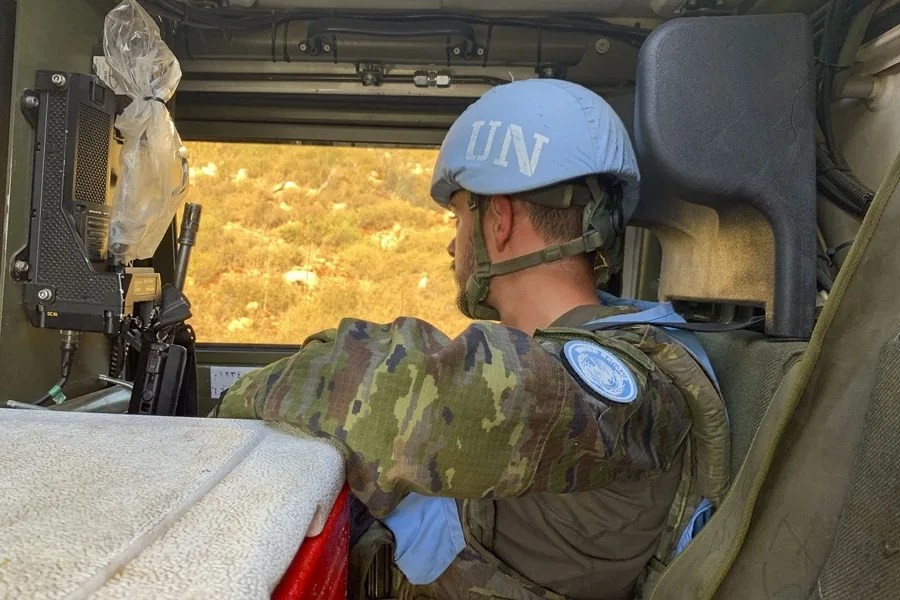UN Peace Missions Face Urgent Overhaul Amid Political Disunity and U.S. Pressure
As global conflicts surge to record highs, the UN admits its peace missions need urgent reform amid political fractures—while U.S. demands push for accountability and realignment to protect national sovereignty.

The United Nations recently acknowledged a stark reality: its peacekeeping operations are at a crossroads, grappling with political disunity among member states and mounting doubts about their effectiveness in an increasingly unstable world.
Rosemary DiCarlo, UN Under-Secretary-General for Political Affairs, bluntly stated during a Security Council session that the divergent views of member nations on deploying peace missions reveal a pressing need to reassess these operations amid “uncertainty” and political fragmentation. Yet notably absent from her remarks was any direct mention of the United States’ decisive moves, including foreign aid cuts and pressure to wind down costly blue helmet deployments such as the one in southern Lebanon (FINUL).
Why Should Americans Care About UN Peacekeeping Reforms?
This debate goes beyond diplomatic posturing—it directly impacts U.S. interests abroad and at home. The Biden administration’s insistence on reshaping peace missions reflects a broader call for accountability, efficiency, and strategic focus aligned with American values of sovereignty and fiscal responsibility.
John Kelley, the U.S. representative to the UN, emphasized reforming priorities by rewarding excellence while sanctioning poor performance and misconduct within peace operations. He advocated for clear goals and timelines—measures that protect taxpayers’ dollars from open-ended commitments lacking measurable results.
For decades, UN peacekeeping has operated under one-size-fits-all mandates that often ignore local realities or fail to address core political conflicts driving violence—a scenario ripe for wasteful spending and mission creep. DiCarlo’s call to tailor each mission to its unique context echoes this critique but stops short of embracing strong reforms championed by Washington.
The Rising Tide of Global Conflict Demands Accountability
Jean-Pierre Lacroix, head of UN Peace Operations, underscored the daunting challenge: there are now 61 active conflicts worldwide—the highest number since 1946—making peace efforts more complex and less predictable than ever.
This surge in instability could demand even greater U.S. leadership to ensure international engagements align with protecting American families from unnecessary entanglements. Yet Lacroix also reminded members that timely payment of agreed contributions is essential—a subtle nudge amid budget battles involving American funding.
The recent unanimous renewal of FINUL only until late 2026—and Mali’s closure of its blue helmet mission at its government’s request—illustrate how countries like the U.S. are pushing back against indefinite commitments that don’t yield tangible benefits.
The critical question remains: How long will Washington tolerate inefficient multilateral missions that drain resources without advancing concrete peace or American security?
The current fracturing within the UN mirrors a larger truth—mundane bureaucracies struggle under globalist pressures while real-world crises mount. Defending American sovereignty means demanding these international bodies operate with full transparency, strategic purpose, and respect for national interests—not endless ambiguity or political compromises.
